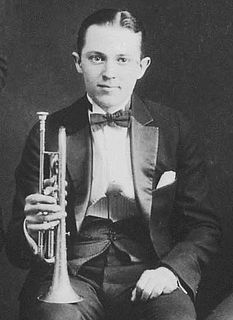A Quote by Martin Luther King, Jr.
The Negro who experiences bitter and agonizing circumstances as a result of some ungodly white person is tempted to look upon all white persons as evil, if he fails to look beyond his circumstances. But the minute he looks beyond his circumstances and sees the whole of the situation, he discovers that some of the most implacable and vehement advocates of racial equality are consecrated white persons.
Related Quotes
The humor of jazz is rich and many-sided. Some of it is obvious enough to make a dog laugh. Some is subtle, wry-mouthed, or back-handed. It is by turns bitter, agonized, and grotesque. Even in the hands of white composers it involuntarily reflects the half-forgotten suffering of the negro. Jazz has both white and black elements, and each in some respects has influenced the other. It's recent phase seems to throw the light of the white race's sophistication upon the anguish of the black.
I had begun to read books and things and, in fact, one of the persons who started me thinking seriously was an atheist that I, another negro inmate whom I'd heard in a discussion with white inmates and who was able to hold his own at all levels. And he impressed me with his knowledge, and I began to listen very carefully to some of the things he said.
As long as Negro leader is making the white man think that our people are satisfied to sit in his house and wait for him to correct these conditions, he is - he is misrepresenting the thinking of the black masses, and he's doing the white man a disservice because he's making the white man be more complacent than he would be if he knew the dangerous situation that is building up right inside his own house.
When the sunlight strikes raindrops in the air, they act like a prism and form a rainbow. The rainbow is a division of white light into many beautiful colors. These take the shape of a long round arch, with it’s path high above, and it’s two ends apparently beyond the horizon. There is, according to legend, a boiling pot of a gold at one end. People look, but no one ever finds it. When a man looks for something beyond his reach, his friends say he is looking for the pot of gold at the end of the rainbow.






































